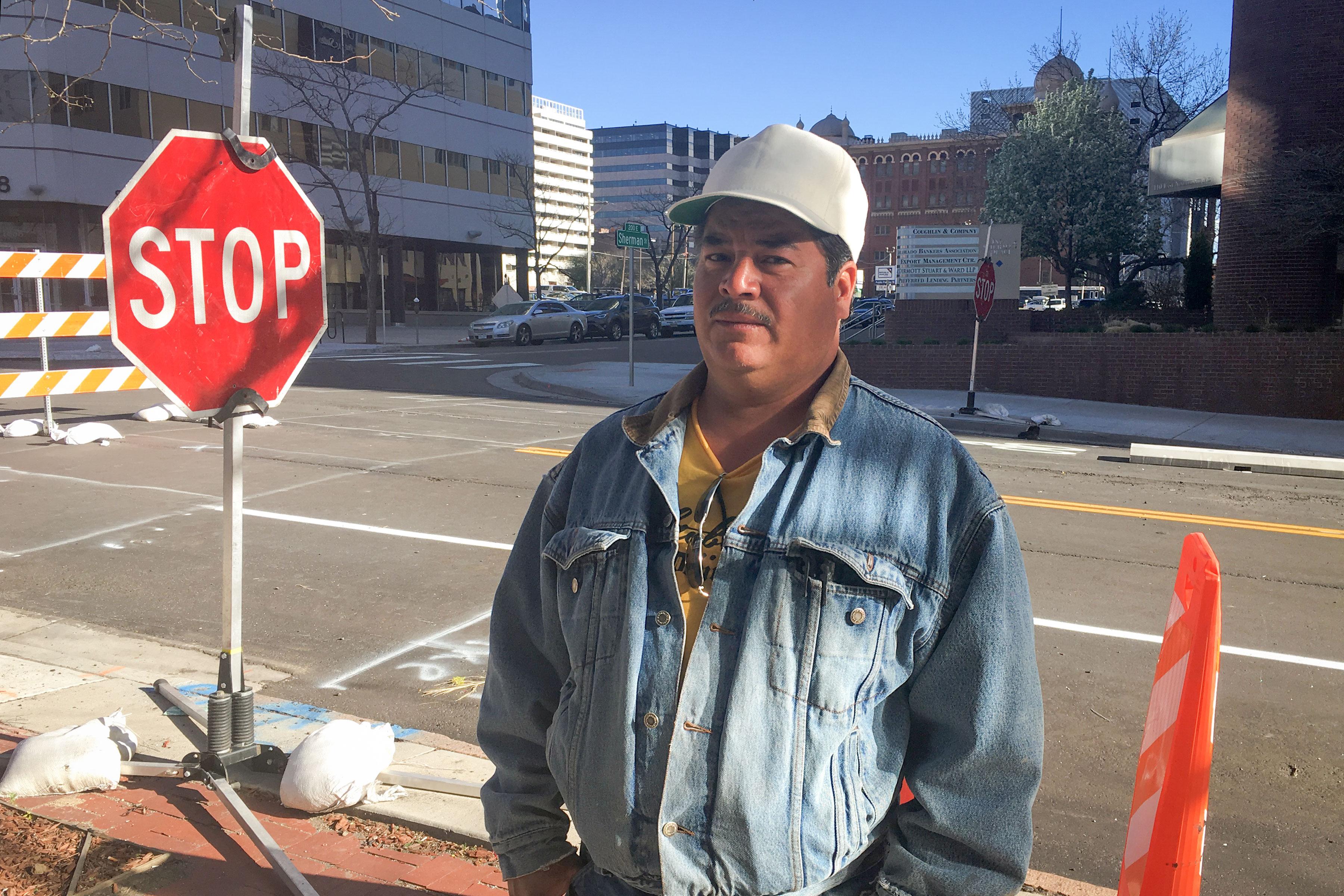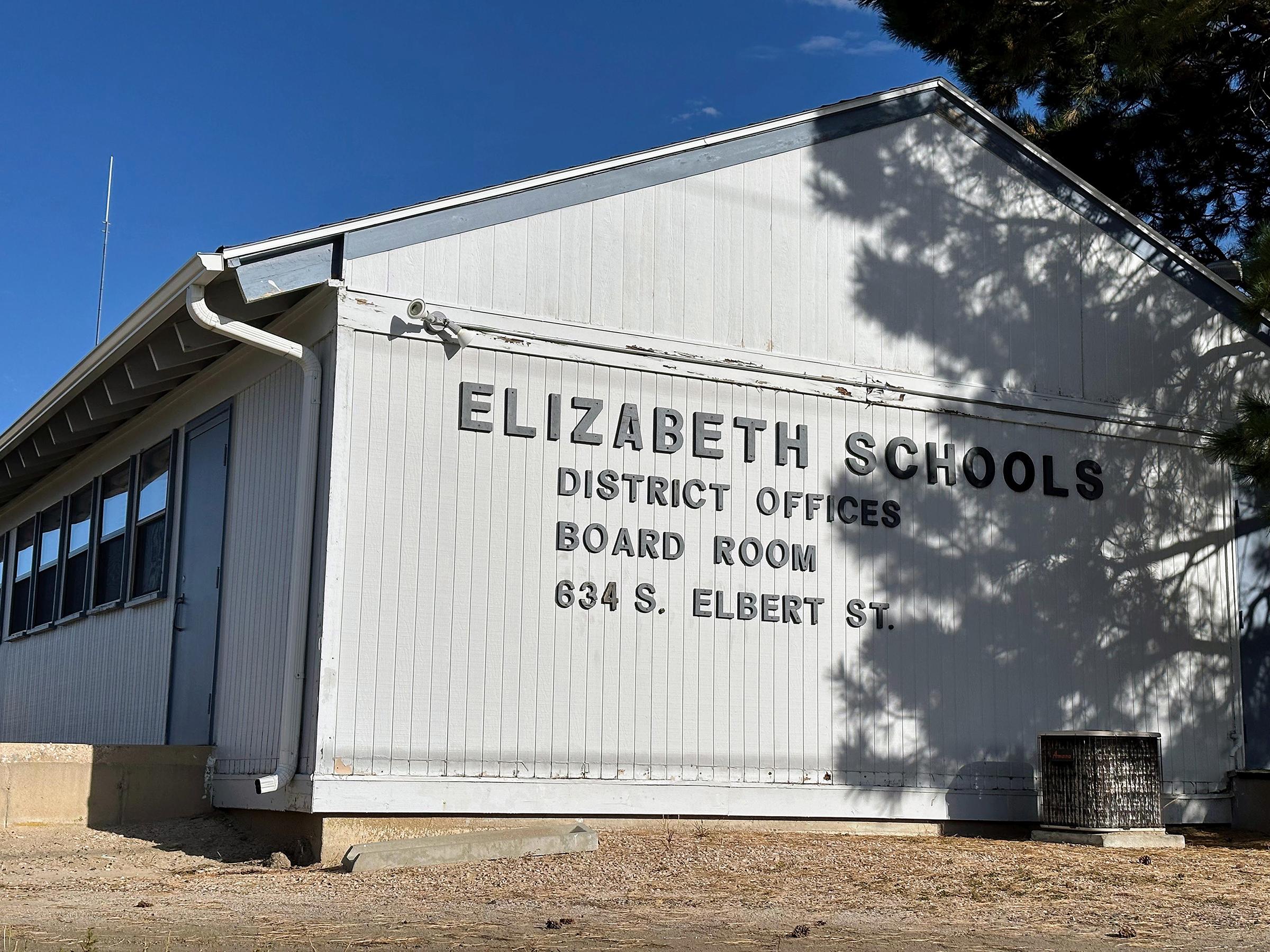

The Trump administration decision to halt a legal aid program for people in immigration detention will affect more than 2,000 people a year being held in an Aurora facility.
The abrupt announcement that Department of Justice officials will pause the Legal Orientation Program to gauge its effectiveness has left immigration lawyers funded by the program scrambling to figure out how to meet the needs going forward.
“This may be the only time that they have the opportunity to talk to somebody who has their best interests,” said Mekela Goehring, executive director for the Rocky Mountain Immigrant Advocacy Network. “And who can explain incredibly complex legal proceedings that they’re going to go through.”
In Colorado, federal funding for the Legal Orientation Program is administered by the Rocky Mountain Immigrant Advocacy Network. The work includes know-your-rights presentations, workshops in the detention center providing support to people fighting their cases on their own and pairing some immigrants with pro bono lawyers.
In an email, a Justice spokesman said the $8 million orientation program and the court help desk will be evaluated for its “effectiveness.” The last evaluation of the program was 2012.
The Executive Office for Immigration Review at the Justice Department “believes that this is far too long,” for an expensive program to go forward without any evaluation, the spokesman said.
That 2012 audit actually found the Legal Orientation Program saved the federal government $18 million.
People who participated in the programs sped through court proceedings an average of 12 days faster than those who didn’t and people spent less time in detention.
This could be seen as particularly important to Colorado — which has some of worst immigration court backlogs in the country.
The average wait time for a case is 1,054 days in Colorado. Most of those delays are in the courts not attached to Aurora’s detention center, where the Legal Orientation Program is operating. At the Aurora detained court, the average wait time is only 54 days, which advocates say is a result of the know-your-rights trainings.
“The LOP program has been a very, very effective tool in bringing about efficiency and ensuring that the people appear before them without council have a meaningful understanding of the proceedings and can make an informed decision about their case,” said Ashley Tabbador, president of the National Association of Immigration Judges and a judge in California.
Sarah Plastino works at the Aurora detention center as an attorney for the Rocky Mountain Immigrant Advocacy Network. She said when immigrants don’t know what they’re doing, or how anything works, they’ll only have the judges to guide them, which will take a lot longer.
“You haven’t had the chance to talk to a lawyer. You haven’t been explained how many times you’ll go to court, what will happen in court,” Plastino said. “You show up, who are you going to ask your questions to? The judge.”
Alvaro, a Denver construction worker, says the Legal Orientation Program helped save his life.
He arrived from Mexico more than a decade ago and was picked up by law enforcement after being caught up in a human trafficking ring in the United States. Because he is a victim, CPR is not using his last name.
With legal help, Alvaro was able to fight his case — he now has a green card.
“It gave me the power to fight my case,” he said. “And I got justice.”









